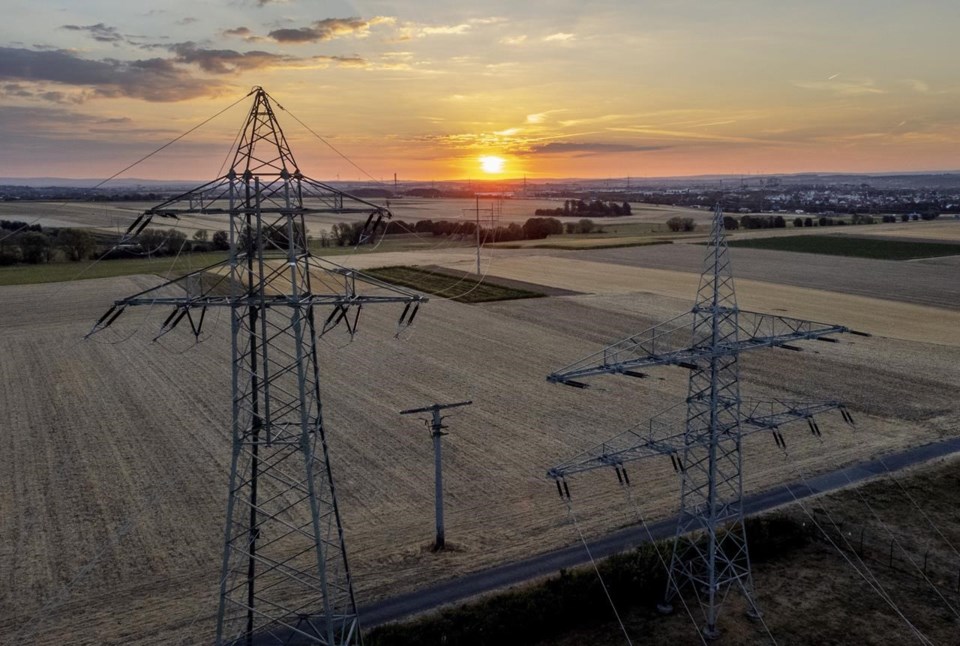BERLIN (AP) — The German parliament on Friday cleared the way for the government to provide up to 200 billion euros ($195 billion) in subsidies to households and businesses to ease the , a plan that has been greeted with suspicion elsewhere in Europe.
Lawmakers agreed to let a government economic stabilization fund borrow the money and approved an exemption from a rule that imposes severe limits on running up new debt.
Chancellor Olaf Scholz tweeted that the decision was “good news for all who are looking with concern at their service costs, and for small businesses and companies.”
Details of how exactly the plan will work have yet to be finalized. A government-appointed expert panel last week proposed for the part of the package that would address natural gas bills.
It suggested that the state take on the cost of gas customers’ monthly bill in December, followed by a price subsidy for part of what they use starting early next year.
The package, which is expected to run through 2024, also is supposed to help limit electricity prices if imposing a levy on power companies' high profits doesn't provide enough money. Details of that aspect are still being worked on.
Some other European Union countries think the move by the 27- nation bloc’s biggest economy should have been coordinated with them and that it could jack up prices elsewhere.
Scholz has repeatedly defended the plan and insisted that Germany is showing solidarity with the rest of Europe. In a speech to the German parliament before that opened Thursday, he said that measured over 2 1/2 years, it adds up to 2% of Germany’s gross domestic product.
“That is in the magnitude of the packages that have been and are being drawn up elsewhere in Europe this year — in France, in Italy or in Spain, for example,” he said.
The Associated Press




